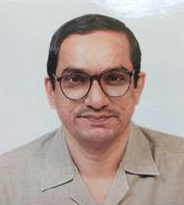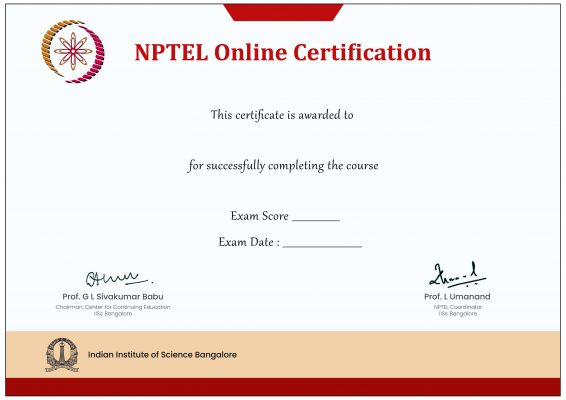Description
The quality of Teaching and Learning in Engineering has come to be an important issue in India to all stakeholders including teachers, students, parents, Managements, University, AICTE, NBA, and Industry, especially after the introduction of new Accreditation Process introduced by NBA in 2015. The quality of learning of the graduating engineers determines the quality of their placements. While there was significant research in the last few decades in our understanding of how people learn, there have not been many intersections of this knowledge with the instructional practices at institutions of higher learning. The dominant instructional method still remains lecturing. Industry, Regulatory Bodies and Accreditation Agencies in India want the engineering graduates to attain a set of Program Outcomes (knowledge, skills, and attitudes) which are discipline agnostic and a set of Program Specific Outcomes identified by the Department offering the program. The curriculum of a program decides the nature of learning experiences, including the courses, projects, internships, and co-curricular and extra-curricular activities.
INTENDED AUDIENCE
Working and aspiring engineering teachers
PREREQUISITES
Degree in Engineering
INDUSTRY SUPPORT
Educational Institutions, Corporate Training
ABOUT THE INSTRUCTOR

N.J. Rao ,Previously the Chairman of CEDT (Centre for Electronics Design and Technology, IISc during 1981 1996, and Chairman, Department of Management Studies during 1998 2006, and superannuated as Professor at CEDT in July 2006. Presently a Consulting Professor at International Institute of Information Technology (IIIT), Bangalore, a member of several committees associated with NBA, and a member of the Core Committee that defined the new Accreditation processes of NAAC. Research areas included Control Systems and System Dynamics. Present research interests include higher education, pedagogy and education technologies, particularly assessment and metacognition. Presently working with Department of Higher Education, Kerala for improving quality of learning in Higher Education Degree Colleges, and several engineering colleges for curriculum design, pedagogy and quality of learning. Has designed and has been conducting a wide range of faculty development programs on NBA Accreditation, Curriculum Design, Course Design, OBE, and Assessment. Offered MOOC programs TALE (Teaching and Learning in Engineering) and TALG (Teaching and Learning in General Programs) through NPTEL.

Prof K Rajanikanth Former Advisor, Principal, Professor in Information Science & Engineering – M S Ramaiah Institute of Technology (MSRIT).
Academic Qualifications:
B E (Electrical): Govt College of Engineering, Ananthapur,
Sri Venkateswara University
M.E & Ph.D: School of Automation, Indian Institute of Science, Bangalore
Academic Experience (Reverse Chronological Order):
Advisor (Academics & Research), MSRIT, Bangalore
Principal, MSRIT, Bangalore
Vice Principal, MSRIT, Bangalore
Professor & Head, MSRIT, Bangalore
Professor & Head, Kakatiya Institute of Technology and Science, Warangal
Senior Scientific Officer, Center for Electronics Design and Technology, IISc, Bangalore
Scientific Officer, Center for Microprocessor Applications, IISc, Bangalore
Industrial Experience:
Chairman and Technical Director, Electro Systems Associates Pvt Ltd, Bangalore.
Services to the Visvesvaraya Technological University, Belagavi:
Former Member: Academic Senate, Staff Recruitment Committee, VIAT Implementation Committee, Faculty Advisory Committee, Finance Committee, Investment Sub-Committee.
Former Chairman: Board of Studies in Computer Science / Information Science/ MCA, Research Review Committee in Computer Science etc.
Continuing to serve VTU in various committees.
R&D:
1.As Technical Director of ESA, designed and developed a variety of Microprocessor / Microcontroller Based Products which are presently being used widely in the country; developed several Custom-Designed systems for ADA, BPL. IPA etc; and developed several developmental tools for industrial applications.
2.Technical Consultant for MSRIT project on Life Cycle Cost Estimation for Defence Equipment for DRDO.
Publications in Several International / National Conferences & Journals
Current Interests:
1.Software Engineering, Embedded Systems, Computer Networks, Mobile Networks.
2. Engineering Education



vijay kumar –
very much required for institutional people.